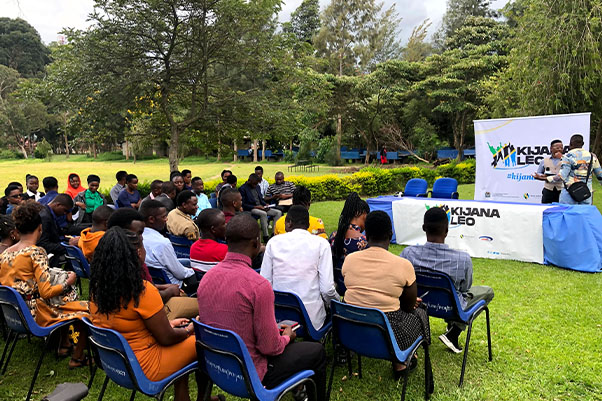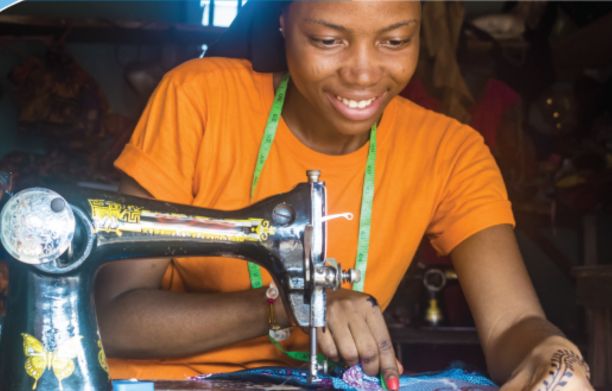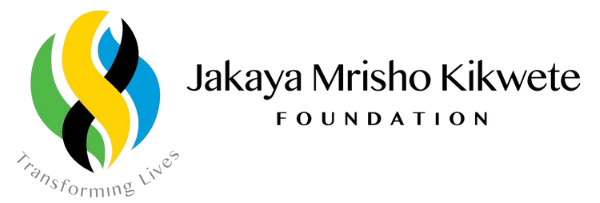Adolescent and Youth Development
Youth Empowerment
JMKF is focused on promoting equal access to affordable technical, vocational, and higher education, thereby increasing the number of young people, boys and girls, with relevant skills for the world of today and tomorrow. These include entrepreneurial and financial skills through programmes that boost decent jobs and facilitate self-employment, as well as ensuring young people are meaningfully engaged in national and regional processes while being empowered to access the opportunities that a growing economy provides.


Youth Engagement
Through initiatives such as the East Africa Youth Fellowship (EAYF) and the Kijana Leo TV programmes, JMKF collaborates with partners towards this end. The EAYF emerged out of the annual East Africa YouLead Summit of 2019 as a needed intervention to prepare East African youth with skills and knowledge of opportunities for them within the region. Selected candidates are those with leadership potential and who can spark change on the role of youth in public sector leadership, business, and innovation within the East African Community. The goal is to unlock youth leadership potential for a prosperous continent by identifying, recognizing, connecting and fostering cooperation among Africa’s vibrant and influential young leaders and their initiatives.
Youth Transformation
JMKF also collaborates with partners to ensure that the youth are inspired, connected, insightful, and valued while leveraging digital skills for economic success. This is partly achieved through an exposition that takes place as part of the commemoration of the International Youth Day (IYD) in Tanzania. This Youth Day Exposition is intended to showcase and amplify the valuable contribution of Tanzanian youth toward transformation of communities in different sectors. The exposition also connects young people with empowering opportunities and inspires them to transform and lead change. Standard activities include exhibitions, master classes, arts and sports as a tool of realising useful youth transformation.


“We ensure that adolescents are aware of future opportunities, have access to, and are adequately skilled. This includes matters related to their overall health, sexual health and rights, mental health, and wellbeing.”
Adolescents Health and Wellbeing Program
JMKF intends to create a platform that will foster the development of adolescents’ interests and unlock their innate artistic and other talents for self-development as well as a medium that can be used to communicate their issues, agendas, and aspirations including on nutrition, sexual and reproductive health, and mental health. Through projects like Adolescent School Sports, which will engage adolescents in physical and creative activities like sports clubs in schools, as well as the arts, writing, painting, and other forms of creative expression, a broad spectrum of adolescent issues can be addressed..


Education Program
JMKF collaborates with partners to advance quality education for the twenty-first century and improve education for adolescent boys and girls. Through initiatives such as the Tanzania Volunteer Teachers (TVT) project and the Tanzania Secondary School Connectivity (TSSC) project, we support government efforts to improve learning outcomes for adolescents. Volunteer teachers will provide a temporary solution to the acute shortage of teachers at the pre-primary and primary levels while the government works to find a lasting solution, including the hiring of qualified teachers. The Tanzania Secondary School Connectivity (TSSC) Project, on the other hand, aims to increase ICT connectivity in Tanzania’s 4,002 government secondary schools by developing an effective public-private partnership model that promotes teacher and student e-learning.

